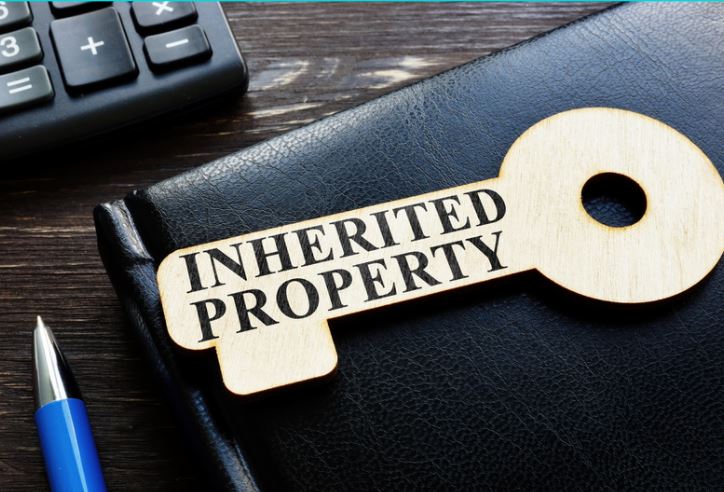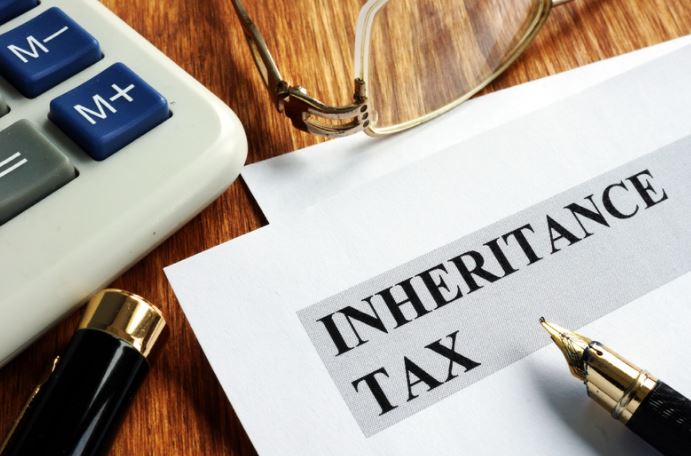
Inherited Property In Canada: What Is It And How To Avoid It?
There is no shortage of property ownership in any of the provinces in Canada. Sometimes, one way people acquire new property is by inheriting it from their parents, spouses, grandparents, or other loved ones. Depending on the circumstances, such inheritance can be a blessing or a burden.
Residents often wonder how to avoid inheritance tax in Canada because they have little or no knowledge of inheritance tax laws. Instead of dealing with the new property on their own, it is better to seek legal advice.
Below are certain critical facets of property inheritance in Canada that can help you understand the concept better.
What Constitutes an Inherited Property?

The very first thing to understand is that inheritance can constitute more than a house in Canada. When someone dies, their property is passed onto their spouse, children, close friends, or other loved ones. The estate includes the sum of the deceased’s assets, debts, interests, cash, and physical property such as a house.
Canadian inheritance has become a common phenomenon in recent years. Several reports suggest that it will reach an estimated value of $1 trillion by the end of the next decade.
Inheritance Tax in Canada

It can be a big deal for most Canadians to inherit a house. But it comes with a set of expenses that usually include taxes, repairs, and maintenance among other things. Therefore, being aware of Canadian inheritance laws can be helpful to understand the consequences of inheriting a property.
First, understand that you need not pay any tax on the value of the property you are inheriting under Canadian laws. But if you decide to sell your house in the future and its value has appreciated since you inherited it, you could end up paying capital gains tax.
But do you need to pay taxes on an inherited home in Canada?
Well, if your inherited home served as the deceased’s primary residence, you need not pay any property transfer taxes at all. However, if it was a secondary home like a cottage or a vacation home, then estate tax is applicable. But this tax is typically paid from the estate’s assets, so the inheritor need not pay anything.
Avoid Inheritance Tax
How to avoid inheritance tax in Canada is still among the top queries most people in the country have. They struggle with their desire to keep the house and the imperative need for selling it because the upkeep costs too much. Moreover, most Canadians find a second home burdensome to look after, as opposed to the few who keep it and lease it out or use it occasionally. In Canada, selling inherited property is the best possible solution to avoid paying taxes and saves on repair and maintenance costs.
Several realtors in the country buy inherited property as-is, enabling inheritors to avoid spending any money on it. Also, they are willing to undertake any necessary repair work themselves, saving their clients the added expense of fixing damaged property. If you decide to sell your inherited second home, try to do it as quickly as possible. That’s because property taxes, inspection fees, repair, and maintenance work, and upkeep costs on an unoccupied property can accumulate fast. This expense will be an additional, unnecessary burden.


